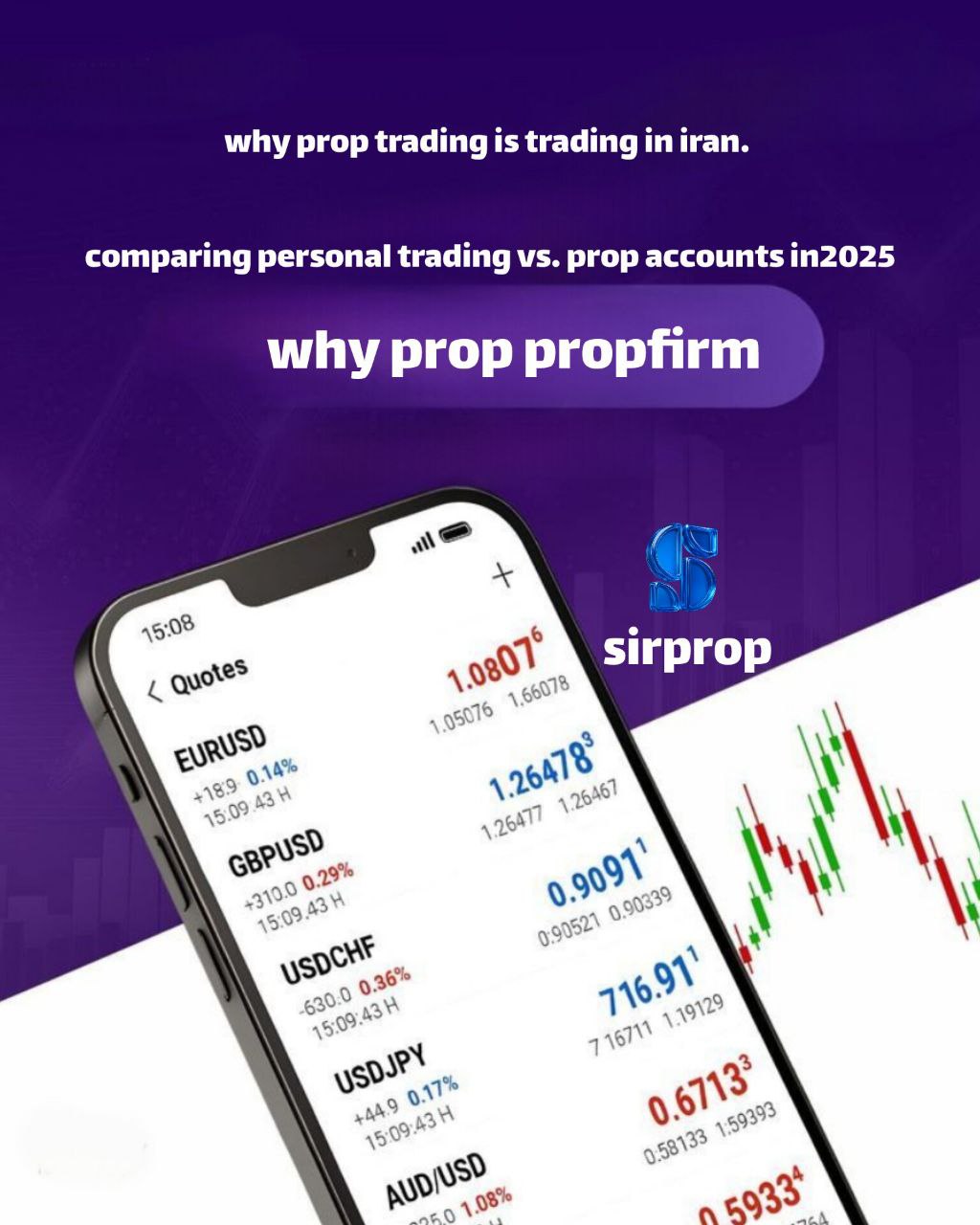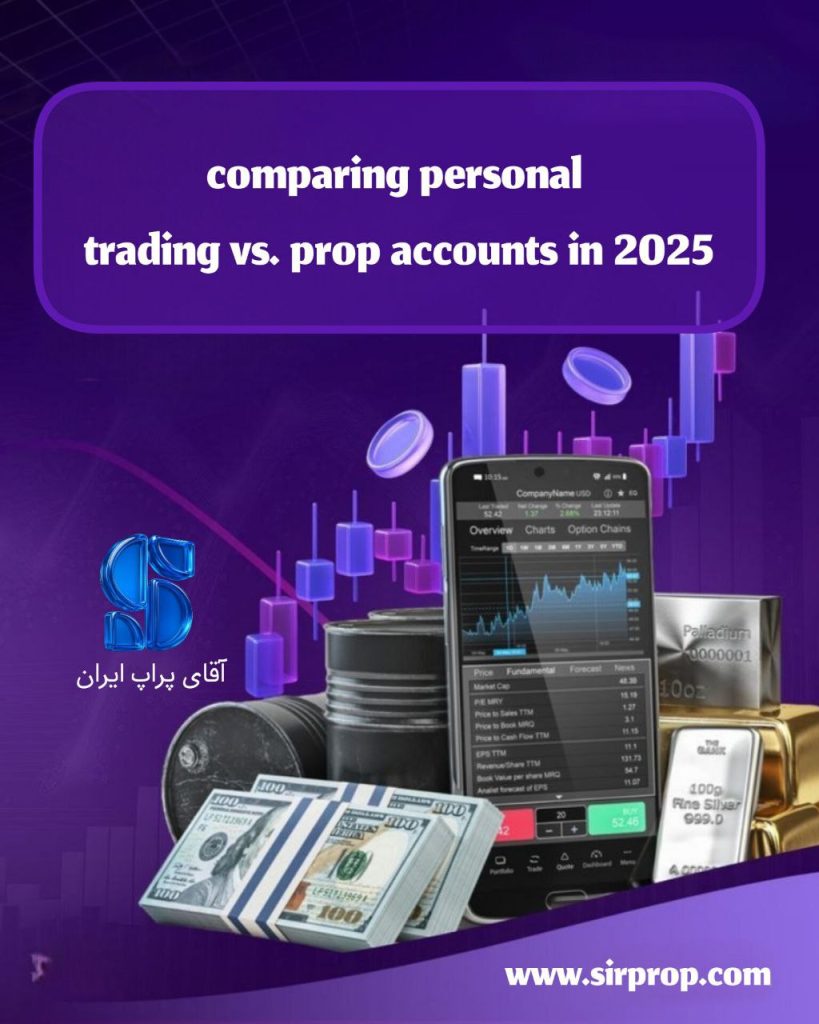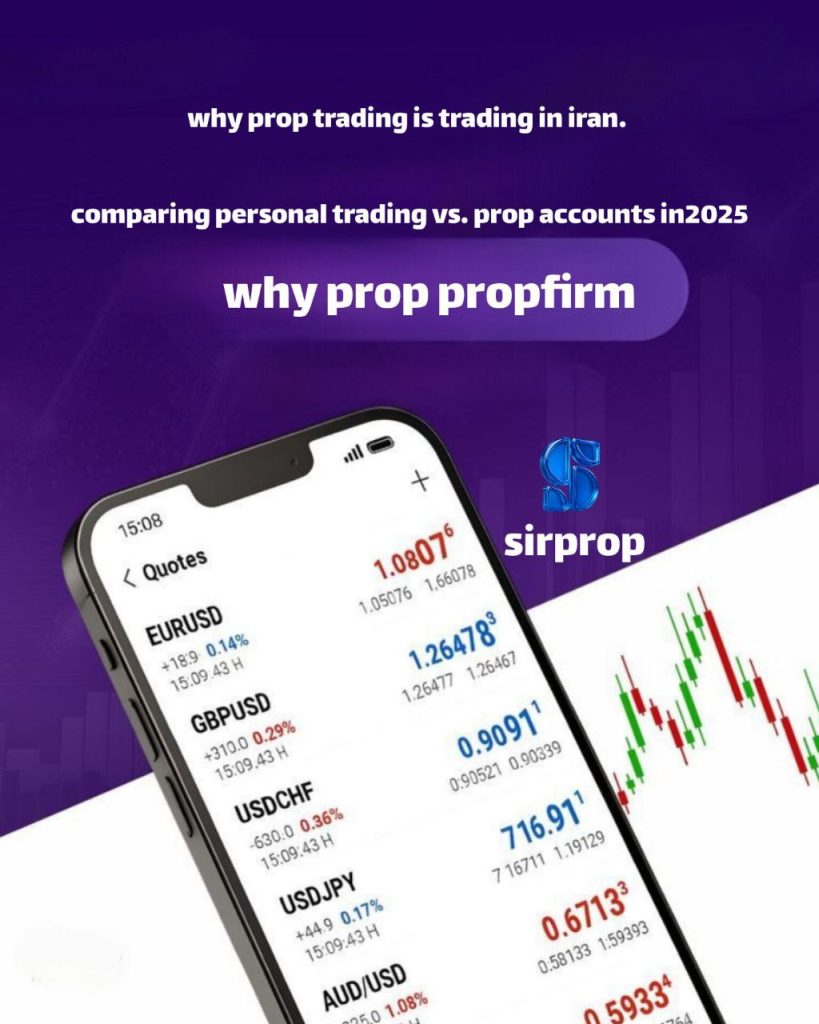- amir_admin
- Technology, Why Prop, Why Prop Trading Is Trending, ارزهای دیجیتال, ارزیابی پراپ, استراتژی ترید, اسکالپ, بهترین سبک ترید, تاریخچه شکلگیری پراپ فرم, ترید بدون سرمایه
- 0 نظر
- 4144 بازدید
Why Prop Trading Is Trending in Iran: Comparing Personal Trading vs. Prop Accounts in 2025
- مقالات
- نوشته شده در4 ماه پیش





